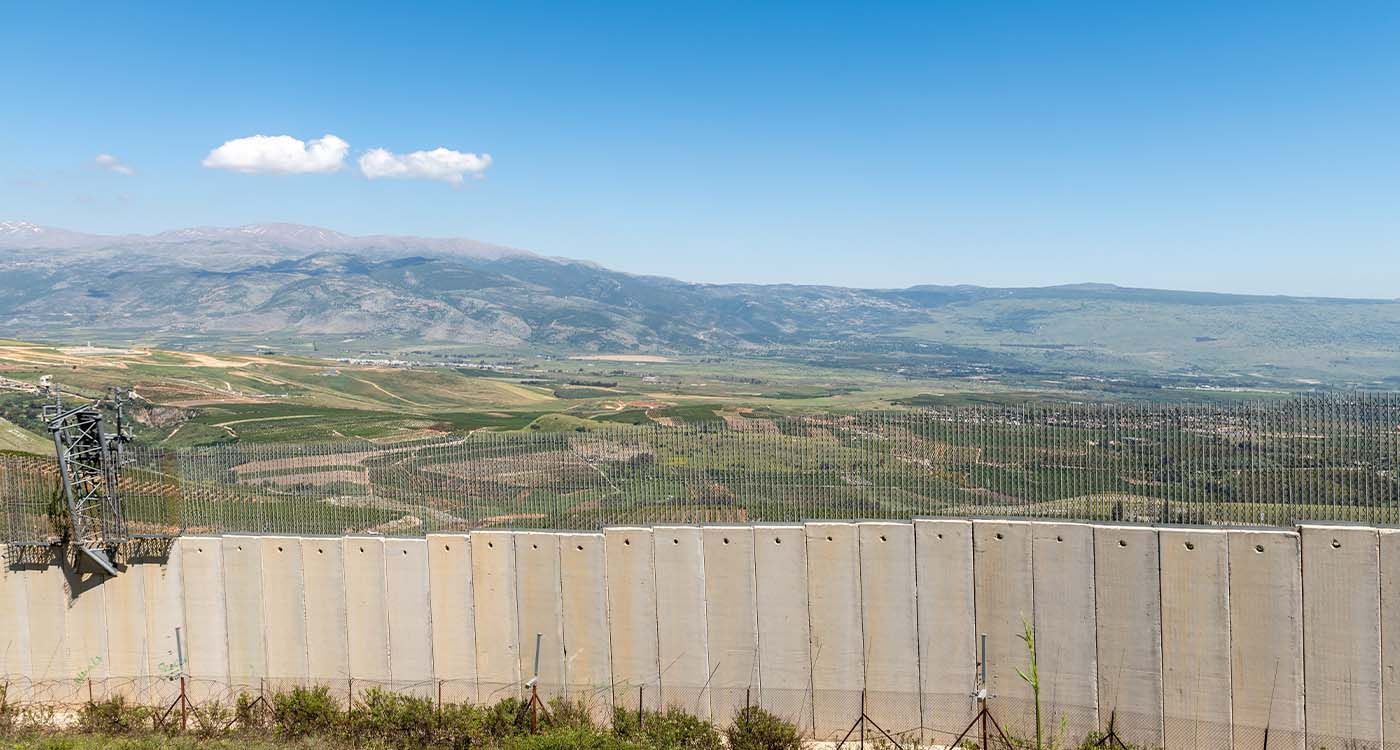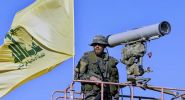
Since mid-August, a viral social media video has shown a man claiming to represent “Syrian tribes” issuing a stark warning to Lebanon: “We will invade Lebanon within 48 hours if Syrian detainees are not released,” referring to Syrians held at Roumieh prison. The threat follows the death of a Syrian inmate on August 14, which sparked heightened tensions. Reports also circulated that extremist Syrian groups were planning to abduct Lebanese soldiers in retaliation.
These border tensions come as Lebanon recently endorsed the broad outlines of a four-phase action plan presented by US envoy Thomas Barrack. Backed by the Trump administration, the plan aims to restore Lebanese sovereignty after the conflict with Israel and the fall of the Assad regime. Key elements include dismantling non-state armed factions—chiefly Hezbollah—deploying the army nationwide, securing the withdrawal of Israeli forces from certain southern positions and permanently demarcating Lebanon’s borders with Israel and Syria.
Beirut Seeks to Reassure
Lebanese authorities moved quickly to calm public concern. The Lebanese Army dismissed rumors that its air force had entered Syrian airspace, calling the claims “completely false.” The army stressed it is closely monitoring the border and coordinating with Syrian authorities to prevent any escalation.
On August 7, the Lebanese Council of Ministers unanimously approved indirect negotiations to formally demarcate the Lebanon-Syria and Lebanon-Israel borders, in line with Barrack’s roadmap. For decades, Lebanon’s border with Syria remained undefined, partly because Damascus refused to fully acknowledge Lebanese independence after 1943. This ambiguity fueled smuggling, territorial disputes and repeated armed incidents.
“The Lebanese Army responds to any attempt to violate national sovereignty, but the main problem lies in the lack of border demarcation when Syria refused to recognize Lebanon’s independence,” said Minister of Foreign Affairs Youssef Rajji in March.
The fall of the Assad regime in late 2024 and the arrival of a new Syrian government shifted the situation. Damascus officially recognized Lebanon’s sovereignty and initiated talks on outstanding disputes. In April, Lebanese authorities and Syrian President Ahmad al-Sharaa began discussions on land and maritime border demarcation following a ceasefire that ended cross-border clashes. The US roadmap now serves as a catalyst to finalize the border demarcation, seen as crucial for lasting stability.
Sovereignty and International Law
If armed Syrian groups attempt an incursion into Lebanese territory, it would constitute a serious violation of international law and Lebanon’s sovereignty. The UN Charter prohibits the use of force against the territorial integrity of a sovereign state, and any illegal crossing by armed forces is considered an act of aggression.
Even non-state actors entering Lebanese soil with hostile intent would violate international norms. Lebanon would be justified in invoking its right to self-defense under Article 51 of the UN Charter, allowing military measures until the UN Security Council intervenes to restore peace. The Max Planck Institute notes that the Security Council’s response after September 11, through resolutions 1368 and 1373, confirmed that this right also applies to non-state armed groups if the attack meets a certain threshold.
A border long left undefined has now become a crucial point for asserting Lebanese sovereignty. With tensions high and the roadmap in motion, the coming weeks will test Lebanon’s ability to safeguard its territory and enforce its independence.




Comments